Congressional Doubts About The Value of CASIS (Update)
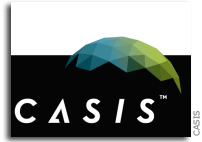 Hearing Notes: Charles Bolden Testifies on NASA’s FY 2013 Budget
Hearing Notes: Charles Bolden Testifies on NASA’s FY 2013 Budget
“When asked about CASIS, the non-profit organization chartered to manage the U.S International Laboratory on the ISS, Bolden did not know what the history behind CASIS was (how or why it was formed), did not know how many people worked there, and would not give a grade for its performance thus far. When Rep. Wolf noted that the Director of CASIS had quit recently and that this was like “the captain leaving the ship” Bolden said “they’re just getting started”. Rep. Wolf suggested that NASA needs to look at CASIS carefully saying “if they are not with it in 30-45 days we should pull it and give it to NSF”. Bolden replied that a letter was being sent to CASIS to remind them of their milestones and “if they they do not meet milestones we will find another way”.”
CASIS Reviews NASA Experiments for Commercialization Potential, CASIS
“The panel, led by Timothy Yeatman, a veteran surgeon, scientist and pioneer in the fields of genomics and personalized medicine, is the first of its kind. The effort marks the first high-level international scientific review of NASA experiments with the aim of maximizing use of the station and unlocking the value of America’s investment in the $100 billion orbiting platform.”
 Keith’s note: This statement by CASIS is simply untrue or, at best, grossly over-hyped. NASA has been convening review and oversight panels for this purpose for decades. I know because I used to help organize some of these panels and have attended innumerable others set up by NASA, NIH, NAS/NRC, and others. That said, the previous panels have not done very much of lasting signifigance since no one outside of a small subset of NASA really understands what the ISS can do – or has done. So maybe this new CASIS panel will be different. Given the weak and incomplete infrastructure in place at CASIS I would not hold high expectations for the output this first panel. Also, given that Rep. Wolf and House Appropriators have put CASIS on notice to get “with it” in the next 30-45 days the folks at CASIS who are “just getting starting” (according to Charlie Bolden) need to get this done properly – right out of the gate. The clock is now ticking.
Keith’s note: This statement by CASIS is simply untrue or, at best, grossly over-hyped. NASA has been convening review and oversight panels for this purpose for decades. I know because I used to help organize some of these panels and have attended innumerable others set up by NASA, NIH, NAS/NRC, and others. That said, the previous panels have not done very much of lasting signifigance since no one outside of a small subset of NASA really understands what the ISS can do – or has done. So maybe this new CASIS panel will be different. Given the weak and incomplete infrastructure in place at CASIS I would not hold high expectations for the output this first panel. Also, given that Rep. Wolf and House Appropriators have put CASIS on notice to get “with it” in the next 30-45 days the folks at CASIS who are “just getting starting” (according to Charlie Bolden) need to get this done properly – right out of the gate. The clock is now ticking.
Previous CASIS postings


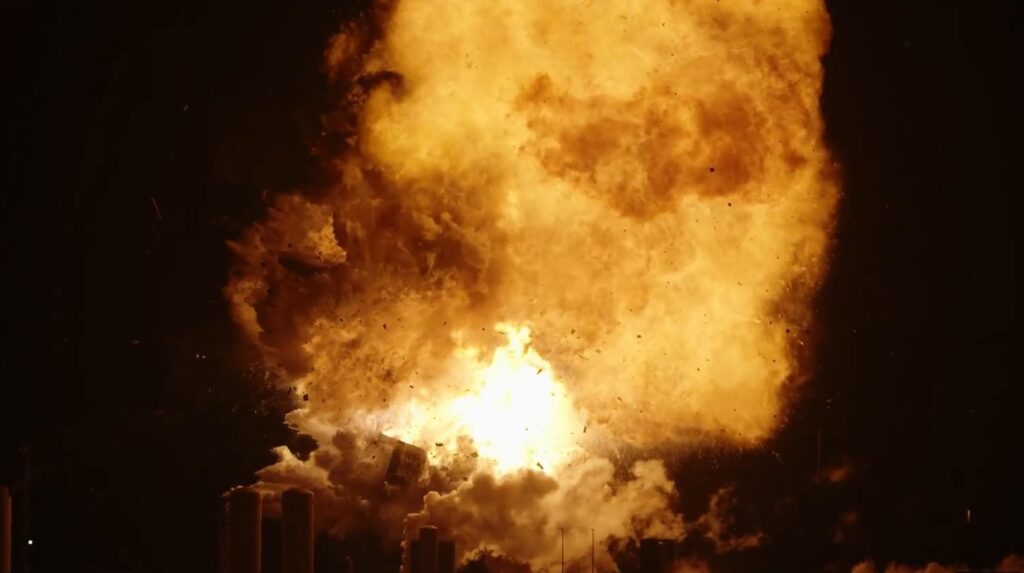
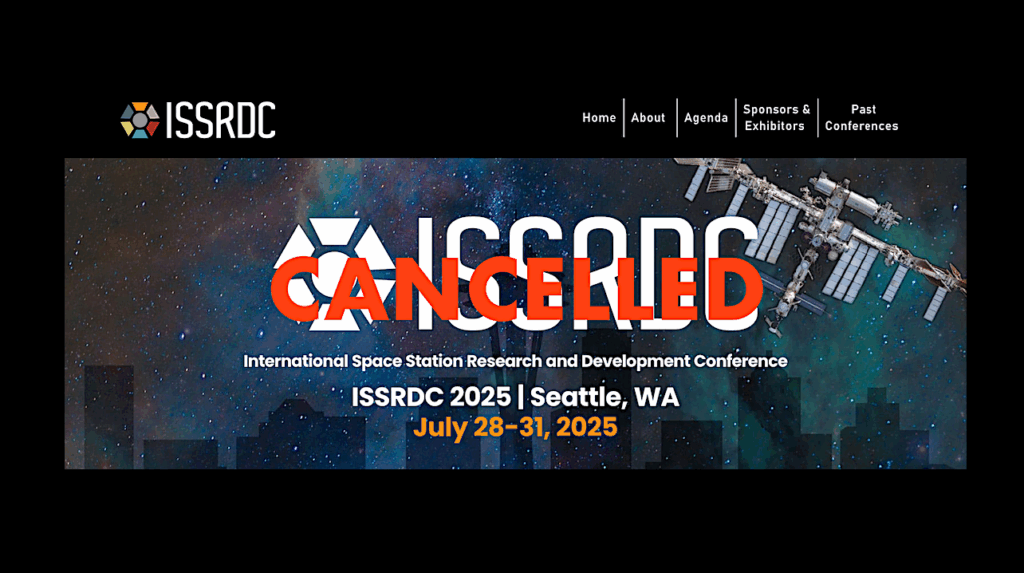
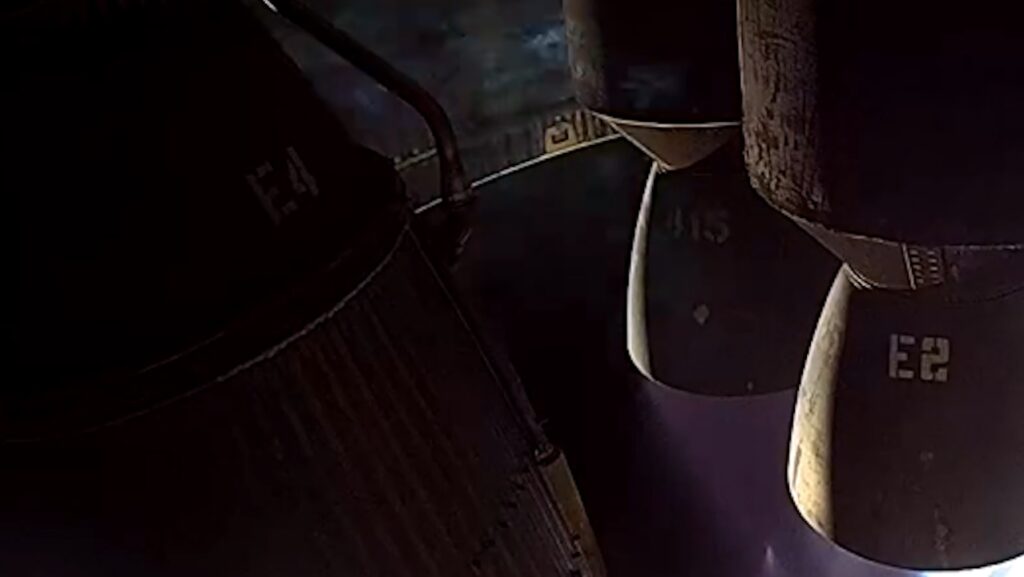
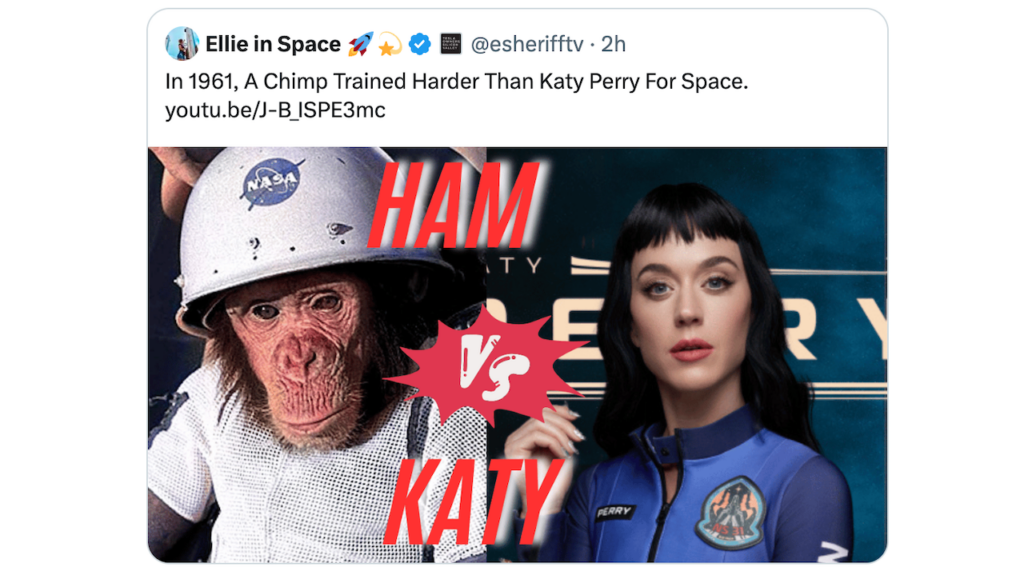
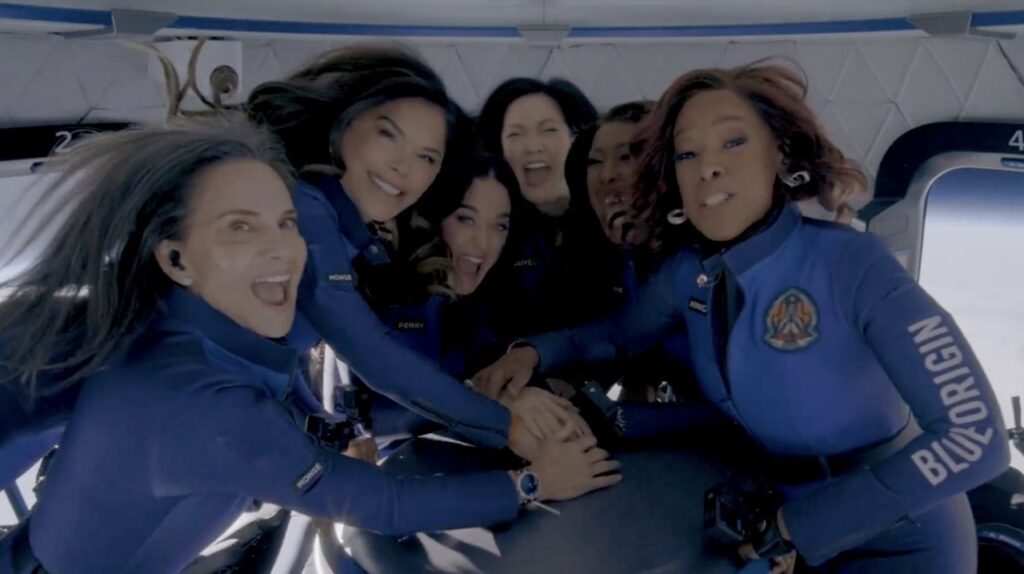
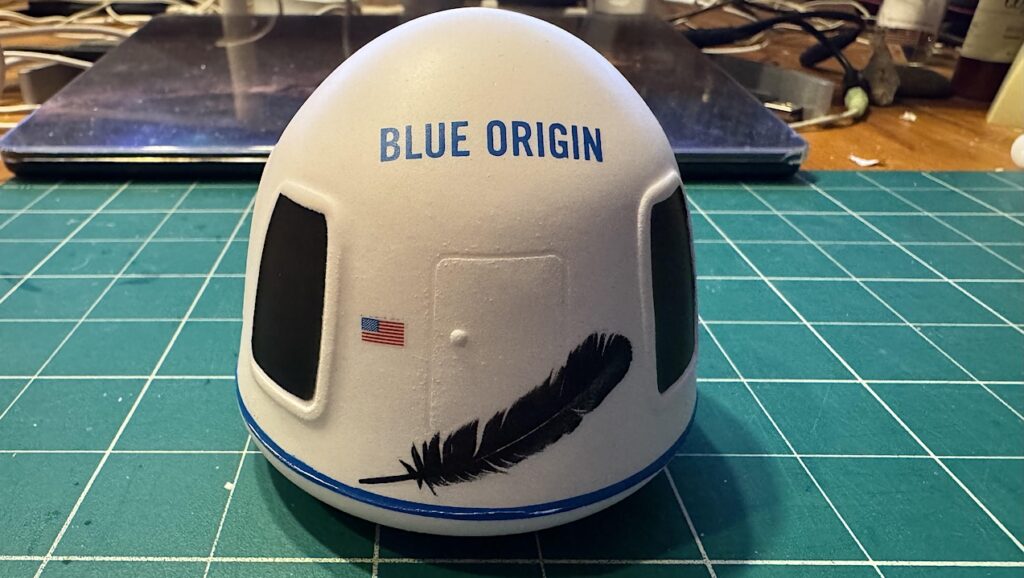

IMO, the entire CASIS award should be the subject of an investigation. It has politics over technical merits (and certainly over past performance, which was non-existent) all over it. It is just more NASA SOP: Give the contract to a “small, disadvantaged, minority-owned” business with no real track record so NASA can micromanage its work and products, and VIOLA – a new NASA bureaucracy that must be managed for questionable production value!
We believe few would argue against the fact that construction of the International Space Station is one of the most remarkable efforts ever performed by humans. What many may have failed to comprehend is, the effective use of the Space Station might be equally challenging.
You could hand the Space Station to a 1000 3rd graders and they would surely have fun with it, although the utility from their activities might be lacking. But to find the most extraordinary, skilled and highly seasoned technologists, industry and business people capable of understanding the unique value the Station possesses and then to empower them to come together and secure powerful outcomes from the ISS, is a challenge orders of magnitude more difficult. Surely a Nobel Prize winning scientist can spin-up a fascinating ISS science mission, but will such an effort result in a remarkable discovery or breakthrough? Has that happened yet? Could it happen?
Investigations, politics and conflicts aside even the most extraordinary, unfettered, highly integrated, well funded team will be hard pressed to achieve and secure remarkable and valuable outcomes from the Space Station. It’s like climbing Mount Everest, only the best have any chance of success.
So when you look at NASA, Space Florida, CASIS and all involved in the Space Station’s use, recognize the extreme challenges involved. Are they the best of the best? Or are they novices? Do they have the best tools? Or are they using makeshift implements? Is their team highly integrated, open, communicative, skilled and purposed? Or are they silent, hidden, and lingering around the base-camp? Do they realize the difference between success and failure? Or are those criteria ignored? Do they recognize their responsibilities, realize the consquences of failure and the impact it will have on others? Or not?
Ray, if you have an interest in space and in the ISS, who would you recommend, who do you know that is qualified to take on the challenge of the Space Station ‘Mount Everest’ utilization climb?Who specifically would you or anyone here bet their life on?
Eddie Ellegood, if you are reading, any insight on this?
On which? Rep. Wolf’s suggestion to hand the responsibility over to NSF does not sit well with me. But perhaps he meant NSF would take over responsibility for the CASIS contract. Either way, I think NASA would be a required player in enabling CASIS’ success.
If you look at other “National Laboratories” they are all administered by non-profit entities or by universities…never by their sponsoring federal agency.
I think it is unfortunate that CASIS has been forced to play defense, apparently even before NASA Watch started grumbling about their lack of visible progress. The internal struggles that resulted in the director’s departure have ended, so CASIS should now be given some slack to re-focus and build forward momentum. The clock is ticking, but keeping them under a media microscope will be like waiting for a watched pot to boil.
We agree Edward. Rep. Wolf needs to go back and reread the NSF Charter which is only to use its $8 Billion in federal funding to pursue pure science. NSF’s output is research and pure research papers, they have no mandate to produce things of tangible value for the United States. NSF’s mission is lofty, academic, pure, about kids and discovering stuff, but not to do anything with the discoveries. Congress only measures NSF on the number of papers they publish, not pragmatic use.
Also Edward, it is intriguing to us to hear you conclude that CASIS struggles have ended. What led you to that conclusion?
Perhaps “ended” was overstating the case, but I understand that the director’s departure is viewed as bringing an end to a period of internal strife at CASIS. Hopefully, the CASIS board can resolve the remaining policy problems and install a new director who can ‘hit the ground running’.
Full Disclosure: Until today, I’ve had zero direct interaction with CASIS, but have had some insight through my contacts at Space Florida. Today I met with a CASIS official during a payload workshop and discussed their possible support for a couple of Embry-Riddle research payloads. Embry-Riddle is my employer.
We’ve worked with a number of Embry-Riddle graduates and they are sharp as ever, bright, and do not suffer fools. Embry-Riddle should be proud of their performance.
Did CASIS offer to support and fund any of your research payloads or did they describe a process you could engage in to be formally considered?
In response to your post below, I shared info on a couple of our projects that have commercialization potential and would benefit from testing on ISS, one related to in-space refueling and another to space traffic management. The CASIS guy said the projects initially seemed consistent with their interests/requirements and so I shared more information via email after the meeting. I’m hoping to hear back from them next week after they review what I sent.
Edward, in your post below, do you have the necessary funding to execute on one or both projects or do you need funding? If so, how much? Are the projects useful when completed, meaning do they have commercial value or utility? Something that someone would pay for? If yes, how much? Is the use of the ISS essential to perform the projects or could these things be done on other craft?
In answer to your post below: Maybe; Don’t K
GAOrwell, in response to your post below: Maybe; Not A Lot; Yes; Yes; Probably; Don’t Know; Yes For One, No For The Other.
CASIS should have been much further ahead than they are. The fact that they have so little understanding of what the ISS and what it can do speaks to a poor selection process in the first place. NASA (Uhran et al) is also at fault since they refuse to help – and allow – CASIS do the job they selected them to do. And the Senate (Bingham et al) have their hands in this mess as well. Too many cooks = no progress. Tick tock.
Keith,
You’re correct in a way, but you might want to be more specific with your 1st statement. Few if any have evidence of how far ahead CASIS is, simply because CASIS has not communicated its accomplishments or activities publicly. Maybe they’ve already funded $15 Million in ISS science payloads. Maybe Space Florida and CASIS have already raised an additional $40 Million in private funding for ISS science PIs. And spent it! Maybe they’ve already landed on Mars and returned. They just never told anybody.
When communications do not exist, when there are no public statements on their actions and no engagement with the space community, it is indeterminate as to whether they are ahead, behind, or on schedule.
No wonder Charlie Bolden had to tap dance so vigorously when Rep. Wolf pressed Charlie to provide an interim grade for CASIS. Charlie was truly clueless as to CASIS’s performance, just like the rest of us.
The only greater worry would be if CASIS itself was as clueless.
Maybe Bobby Block’s superior communications skills will resolve all of this. Have we seen anything from Bobby yet?
Your last comments are largely incorrect. Your credibility on a 100 issues is very good, but you put your credibility at risk with categorical statements as you’ve made above. Consider retracting them, correcting them or being far more exacting in how you assign fault to specific individuals. I’m not suggesting you bury it. I’m urging you to get-it-right. The truth of matters will eventually surface and your errors will diminish your credibility if you don’t fix this. Null out your bias control Keith.
To my knowledge the major NIH facilities are managed in-house, as are the VA research labs. Although the majority of NIH research is done under contracts and grants, this work is generally not performed at government facilities. I agree many of the major labs, particularly under DOE, are contractor operated, and effectively they are separate branches or divisions of the contractor, but I am not aware of any case where such a contract was awarded to a small contractor or nonprofit created de novo for the purpose. Of course awards to small companies created on the spot are common within NASA, but their track record is uneven. In the case of CASIS I am more concerned by the potentially unrealistic demands placed on the contractor to attract “paying customers”. In reality until access costs are substantially reduced virtually all ISS research with be paid for by the taxpayers, and CASIS appears to be acting as an awarding agency for such grants, an unusual role for a contractor.
The problem is that everyone wants to “unlock the potential” of the space station, as though there is a simple answer we just haven’t thought of. This is just hype. In reality utilizing space productively is a long and complex process with no simple or quick answers; certainly not by just creating new organizations and telling them to do it. I’m particularly discouraged by the medical orientation, i.e. the NIH involvement, the hope that some magical drug will be discovered in space. It would make more sense to focus on observational science (astronomy, earth observation,AMS and similar experiments) and technology development, i.e. new propellants, entry vehicles, navigation and communications, etc.
” observational science (astronomy, earth observation,AMS and similar
experiments) and technology development, i.e. new propellants, entry
vehicles, navigation and communications”
ISS is not needed for research into those areas and can be done cheaper and better from other platforms. ISS is for microgravity research and medical happens to be one of the areas.
Robotic systems are not cheap. A sensor system will cost $5-10M with several times that for the satellite bus and launch. Yet only now, after years, do we have a simple hand-operated multispectral camera for the ISS cupola. With a human crew in LEO, a broad spectrum of sensors can be tested, modified, and placed on the ISS truss without the need for automated controls, a satellite bus, or dedicated launches every time a change is made. The ISS already passes over almost the entire population of the earth and observes the entire sky. It’s time to take advantage of that.
You make a good point dogstar3. Although many do not realize it, even the GAO recognizes the value Space Station capabilities provide as a technology test platform, the comparative cost savings of ISS versus free-flyer and the savings in time-to-demonstration, even given the orbital and related limitations the ISS imposes i.e. not the entire sky and not nadir.
Too much of the industry is filled with “old dogs” that suffer from unconscious incompetency (they don’t even realize what they don’t know) and lack awareness of how to use an extremely expensive asset (the ISS). Our young adults are keener and more aware and they will have to take on the space utilization battle as the fossilized ones exit.
Exactly, re technology test. ISS gives you a “real space” testing place (in that you can’t cheat on any of the qualification hoops that could do if you did a ground simulation). However, unlike flying technology demonstration as an experimental payload on someone else’s spacecraft, if your experimental widget on ISS has a problem, it’s not like ISS falls from the sky, or is catastrophically damaged. Your experiment fails, and that’s about it. Put your experiment on a shared science orbiter, and there will be a LOT more hoops to jump through because you don’t want to risk the primary science mission, and your resources will be much more constrained. ISS has tons of power potentially available, if nothing else.
( A similar thing applies to the “hosted payload” opportunities on commercial launches, but ISS has more “infrastructure” and can probably take bigger heavier things than a hosted payload)
The title of this article ‘Congressional Doubts About The Value Of CASIS’ seems mistitled. The title might more accurately be worded
“Congressional Doubts About The Performance Of CASIS”.
The concept and purpose of a non-profit entity to manage the activities on the Space Station is one thing. The efficient and speedy performance of such an entity, driven by a given execution plan the organization has adopted, is a different matter.
Rep Wolf’s concern regarding the effective use of a $100 Billion dollar national asset appears well-founded. His sense of urgency to use the Station, given its over 500 Million dollar per month depreciation rate, seems reasonable as well. But Wolf’s concern and urgency are only relevant if there is a broad interest in securing a return on a $100 Billion dollar national investment. Sadly the number of people that do not care about such waste is great. That is how your Nation thinks in 2012.
We’ve heard the original CASIS plans are far afield from the plans the organization is executing on today for whatever reasons that were contrived. We’ve been told the entity was initially to be ‘well-established’ at the onset, only to see the plan changed post-award and that the organization be declared a ‘start-up’ at its kickoff point with the understanding it would require several years to staff up and become effective.
Clearly Charlie Bolden is good with the CASIS plans and performance, witness Charlie’s testimony. Granted, Charlie doesn’t know how big CASIS is nor does he know how large the organization will be.
Charlie’s attention is most likely on large billion dollar programs, not on a minute $15 Million dollar a year funding of an external start-up entity. Charlie’s job is about centers and jobs and politics and making billion dollar space transportation systems. For Charlie to care about what to do when he owns a extraordinarily expensive space asset or he reaches some destination in space is like expecting your taxi cab driver to care about what you do in the meeting that he drove you to.
The absence of any instant high performance by CASIS should suit the NASA ISS infrastructure well. A slow-moving CASIS will enable NASA management to maximize their leadership positions and continued role. In a twisted way, the mediocrity of performance is beneficial to a number of those involved. Foreign space industries and interests should also be pleased, since a slow development in the U.S. will provide time for them to match and surpass U.S. efforts.
The recommendation to Rep Wolf and Charlie Bolden would be to “lower their expectations” of CASIS and the ISS. Continue funding of CASIS and allow two or three or more years to pass. Allow the organization to mature, slowly. Mediocre performance will do. If there is a counter argument that the ISS annual cost is $3 Billion a year and that every
month $500M is lost by non-use, too bad. If the ISS is under-utilized during
those years, too bad. None of that money is theirs anyway, it’s free taxpayer money.
With lowered-expectations, even zero’d-out expectations, CASIS will be in a better position to surprise the space community. The ISS Conference in Denver will be a great opportunity for CASIS to present their accomplishments to date. Their appearance alone will surpass all expectations. From that alone they will be able to declare performance
and victory.
Rep. Wolf should also understand that a considerable portion of the staff do not possess years of space station utilization experience. Read the bios. It is a new endeavor for them. Getting good at using the ISS requires years, even decades of effort. So as CASIS succeeds, give them credit for starting
with little or no experience. Be content as the years go by knowing that you paid for them to learn the business.
CASIS and Space Florida should also take advantage of Charlie’s hypothetical statement when he suggested that paying $25 Million a year for an outside management firm to manage the ISS was reasonable. They
only get $15 Million a year now. They could have an extra $10 Million if they get Charlie to convert his notional in to cash.
People are discussing here as though no one could figure out how to use or plan to use ISS until after assembly was finished in the last year or two. The ISS had a huge organization, dozens (if not hundreds) of people assigned to mission science, payloads and utilization for fifteen years. Truth be told there did not seem to be a lot of experience or knowledge in there (why not?), but they were spending millions of dollars for more than a decade and now they’ve figured out they need someone else to start trying ti figure out?
I agree, although the Bush Administration had little incentive to promote ISS utilization since it planned to terminate US participation at Assembly Complete in 2010. Some people today think the program will “end” in 2015 or 2020, which would similarly make any serious long-term thinking about utilization irrelevant.
Conversely, many believe that there is an almost magical application (drugs, semiconductors, perfect ball bearings, etc) just waiting to be “unlocked” that would pay for the entire program. NASA has been unable to find it, however, and CASIS will not find it any easier.